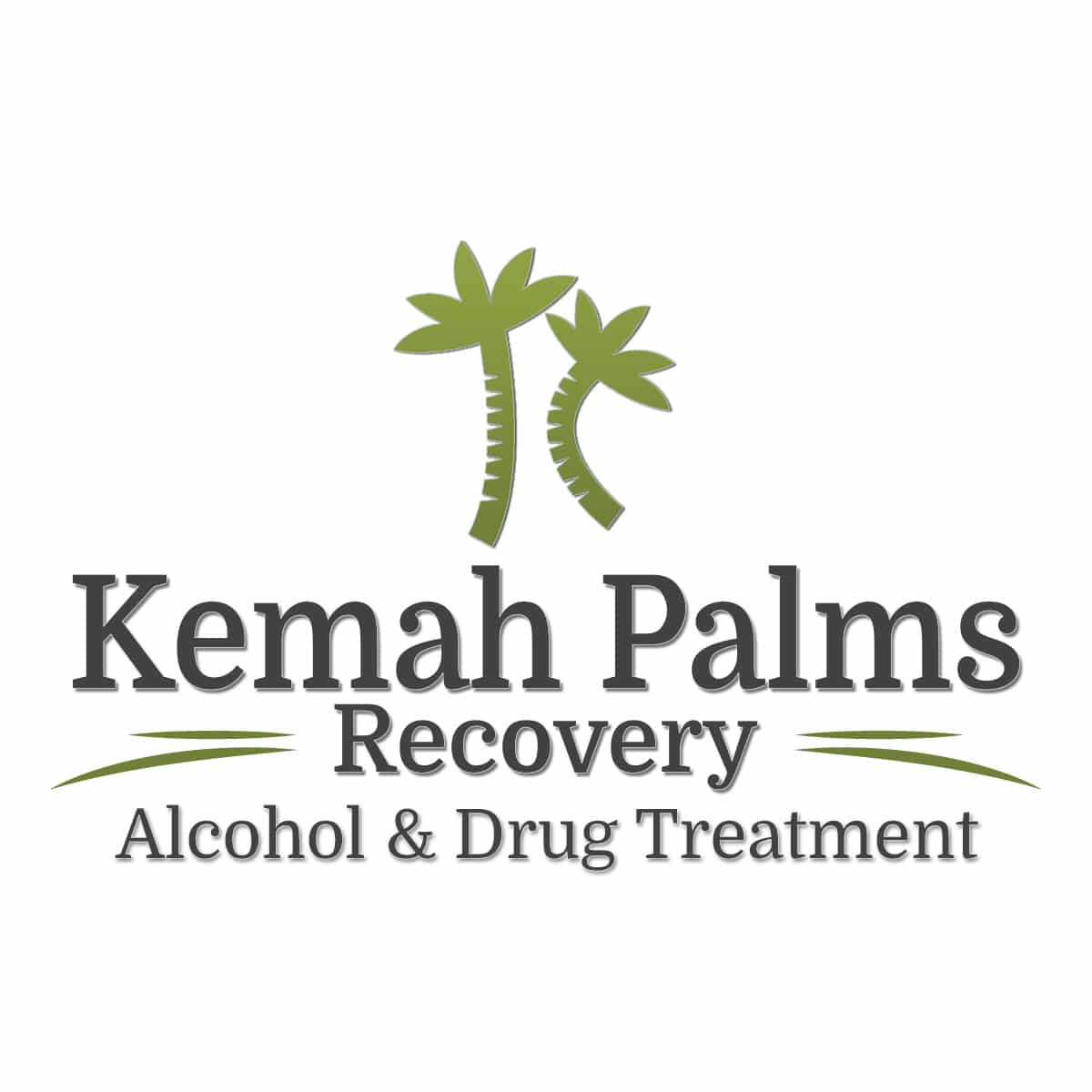Relapse Statistics
There are many statistics available about relapse. According to one statistic, 50% to 90% of people will relapse after a period. Simply stated, this means that at least half the people who attend rehab, have a relapse. This statistic discourages many from being a part of a rehab program and also wrongly justifies for not attending a rehab program. These rates do not define the severity of addiction, the drug addicted to, the type and duration of treatment, elapsed time from discharge, and various other factors. These statistics also do not reveal what steps the individual took or did not take to prevent a relapse from occurring.
If you relapse, what should you do?
People who are sincere and serious about aftercare always minimize their chances of failure. Those who skip the aftercare programs or therapies are the ones who increase their chances of going back to their drug addiction. If you relapse you might as well attend aftercare programs. It never should enter the mind that relapse is acceptable for those who are trying to stay sober. Relapse is a high risk and there is no guarantee that he or she will get another chance at an alcohol-free or drug-free life.
Ways to Decrease Your Chances of Relapsing When You’re in Rehab
 It is totally up to the individuals in rehab to adequately prepare for their transition. They have to motivate themselves to do whatever it takes to stay sober and make it through the early period of recovery. It has been found that those who attend group counseling are less likely to suffer a relapse.
It is totally up to the individuals in rehab to adequately prepare for their transition. They have to motivate themselves to do whatever it takes to stay sober and make it through the early period of recovery. It has been found that those who attend group counseling are less likely to suffer a relapse.
If in case of a relapse, you need to break away from your drinking or drug addict friends and make new sober friends as quickly as possible. Also, being with those who were with you in the rehab and successfully stayed sober, would be a good inspiration. If after becoming sober you find it difficult to settle down, you should seek professional advice to rule out the possibility of dual diagnosis involving some other mental illness.
Benefits of Aftercare or Sober Living
It is important that newly sober people take their aftercare seriously. Aftercare services are beneficial as they provide stable environments that give the addicts necessary skills to integrate sober living into their daily routine. People in sober living communities support each other to prevent a relapse. Counseling services during sober living, help the patients deal with issues they face as they transition to a sober life.






